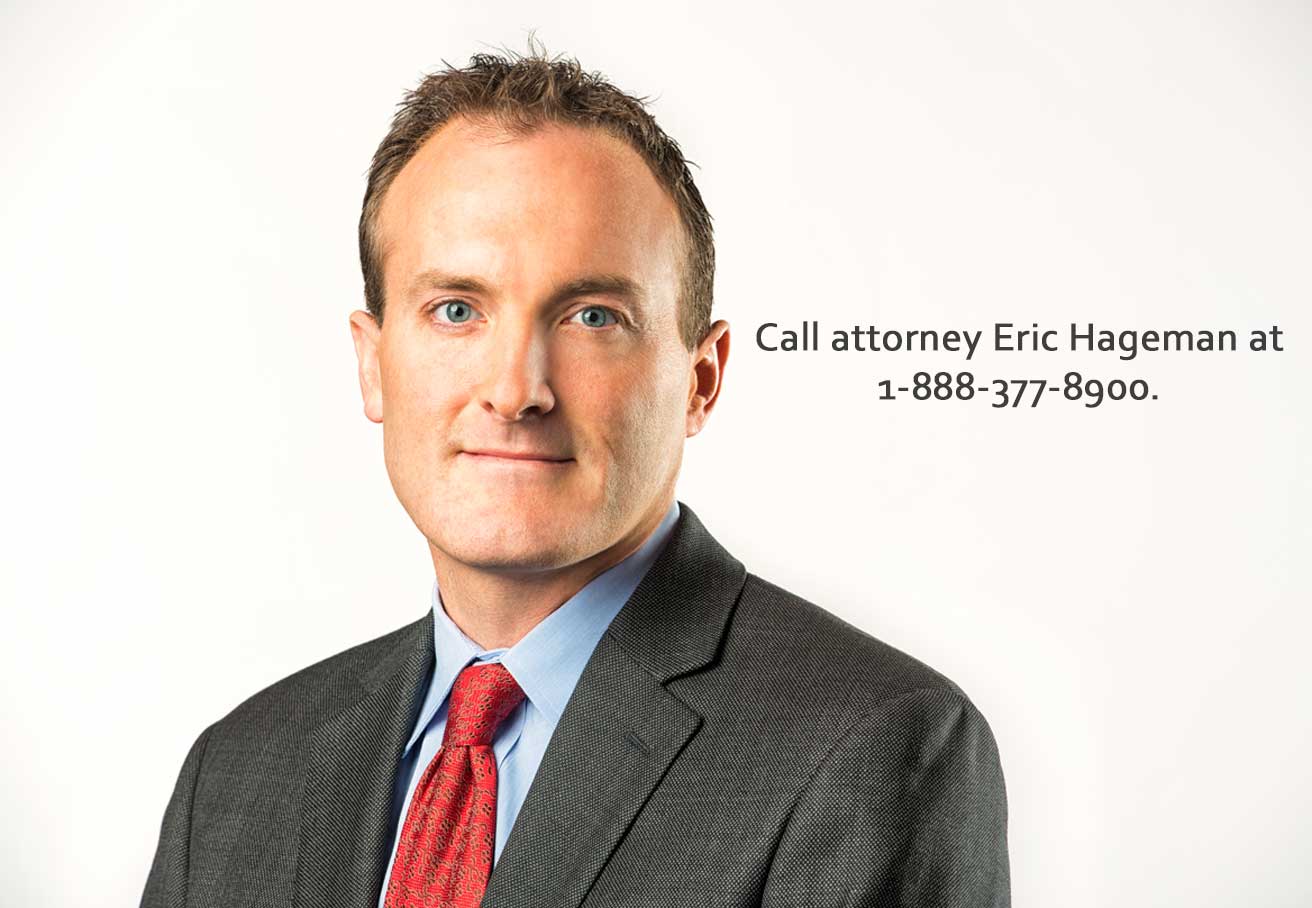Question: My husband is in critical condition after being hit from behind by a big truck in a construction zone. It has been a week since the accident. He is hurt so badly and was in a coma for a few days. His doctor said he has a closed head injury, he also has kidney failure and a punctured lung and a broken pelvis and crushed left knee. His right knee was also injured but not as badly. Other things are wrong. We need a lawyer but I don’t know how to find one. Do you need a special personal injury lawyer for a truck accident?
Answer from Attorney Eric Hageman: You need a lawyer with a working knowledge of the Federal Motor Carrier Safety Regulations (FMCSRs), one of the most important factors in establishing liability in an accident case involving a commercial truck. In every trucking case we handle, we search for FMCSR violations by a trucker or his employer to show a pattern of negligent conduct or to prove negligence as a matter of law.
The driver’s negligence will be attributed to his employer, making the trucking company liable for any damages the driver might have caused in an accident. This includes liability for medical expenses, lost wages, pain and suffering and, in some cases, punitive damages, which are meant to punish a company for its blatant disregard of the rules and roadway safety.
In a recent case involving an accident in which our client was struck while driving a motorcycle by a tractor-trailer making an illegal pass, we found numerous violations of the FMCSRs by the trucking company and we highlighted those violations in order to prove our case. For example, we found the following violations:
- Failure to have a safety program: The Federal Highway Safety Administration regularly conducts on-site examinations to check on whether trucking companies have a program set up to ensure compliance with the FMCSRs. Copies of these reports, showing a lack of a program or regular compliance, can serve as strong evidence of negligence.
- Negligent hiring of drivers: Before allowing a driver to hit the road, a trucking company must make sure the driver is “qualified” according to a set of specific criteria set out in the FMCSRs. This criteria includes having a valid commercial motor vehicle driver’s license (CDL), the ability to safely operate the tractor trailer and completion of a driver’s road test that examines driving technique as well as a driver’s knowledge of how to conduct pre-trip inspections and use emergency equipment. The company must also investigate the driver’s employment history and driving record for the previous three years. If the company fails to obtain this information and allows an unqualified driver to be on the road, the company could face liability for negligent hiring.
- Negligent supervision of drivers: The FMCSRs requires trucking companies to annually review each trucker’s driving record, including any violations of motor vehicle traffic laws from the previous 12 months and any “disqualifying” offenses, such as a conviction of driving while intoxicated (the BAC limit for commercial vehicle drivers is .04). The company also must also keep records that show the number of actual hours the driver is on the road and ensure the driver isn’t exceeding the maximum hours allowed by the FMCSRs. Violations could result in a claim of negligent supervision or retention.
The most common way we utilize FMCSR violations is to show that the driver was in violation of the hours of service rules, which are designed to prevent truckers from driving when they are too tired to safely operate the vehicle. We recently won a case by proving that the trucking company failed to have a management system to monitor violations of hours of service rules. The FMCSR violations were powerful evidence to help us prove that point.
As you can see, cases are won or lost based on the truck accident lawyer’s knowledge of the federal regulations. You can contact me for a FREE consultation here. I will be happy to give you more information about my experience and record of success, including traumatic brain injury (TBI) head injury lawsuit settlements.
